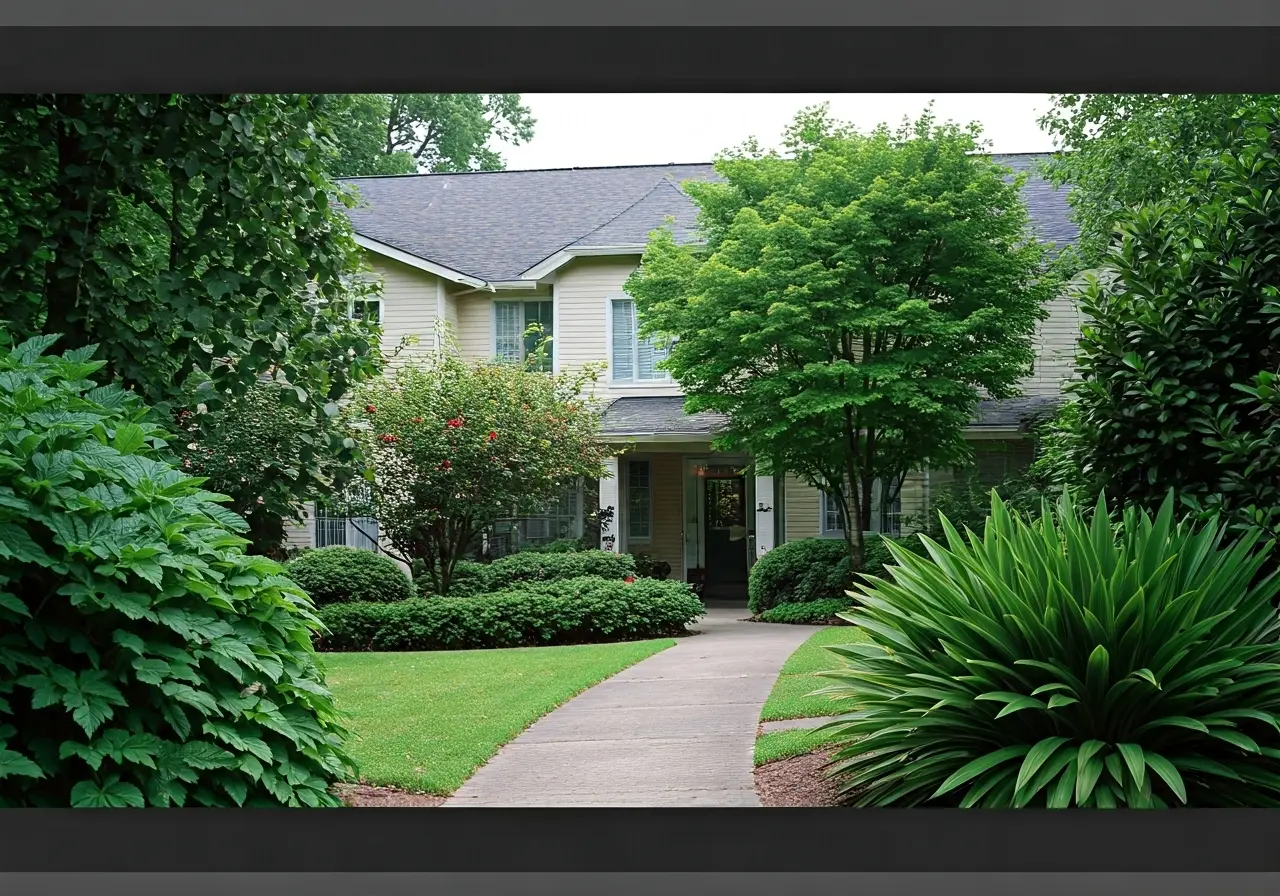Recovering from addiction is a journey that many people cannot walk alone. In Port St. Lucie, the strength of community support plays a vital role in the rehab process, offering essential encouragement and understanding. Let’s explore why building a supportive community is crucial for successful recovery.
Table of Contents
The Role of Community in Addiction Recovery
In addiction recovery, community support serves as a lifeline for individuals looking to rebuild their lives. Having a network of people who understand the struggles and triumphs of overcoming addiction helps create a sense of belonging and motivation. Port St. Lucie offers numerous community resources that are integral to recovery.
The strength of a supportive community cannot be overstated. When individuals in Port St. Lucie unite in their recovery efforts, the collective energy and shared empathy become a powerful force. These communal ties provide a protective cocoon against relapse by reinforcing positive behaviors and celebrating recovery milestones together.
It’s important to recognize that community support extends beyond formal structures like groups and meetings. Informal social connections, including engaging with neighbors, volunteering in local activities, or simply spending time in social spaces, create a robust support system. These interactions can mitigate the isolation that often accompanies addiction recovery, allowing individuals to reintegrate into society with confidence and increase their resilience against potential setbacks.
How Community Support Enhances Rehab Programs
Rehab programs in Port St. Lucie incorporate community support as a fundamental aspect of treatment. Through group therapy sessions, support groups, and community activities, individuals find a safe space to share experiences and learn from others. These interactions boost morale and provide essential coping strategies.
Programs that integrate community support have been shown to significantly improve recovery outcomes. According to findings from various studies, involving community elements in rehab can lead to a decrease in substance use relapse rates. The dynamic group settings, where everyone feels accountable, foster an environment ripe for healing.
Moreover, community support within rehab programs offers a multifaceted approach that addresses both the psychological and social dimensions of recovery. It’s not just about the addiction itself but about reconstructing every aspect of their lives that were impacted by addiction. The feeling of exclusion is replaced by acceptance and understanding, where individuals gain insights into managing their emotions and rebuilding their lives beyond rehab.
Sharing experiences is a powerful way to build resilience during rehab. In Port St. Lucie, recovering individuals often find comfort in the stories of others who have walked similar paths. These shared experiences create powerful bonds that enhance emotional and mental resilience, encouraging sustained recovery.
The therapeutic value of storytelling and shared experiences is profound. When participants engage in group discussions, they often discover parallels between their journeys and those of others. This recognition breeds understanding and courage, knowing that others have faced similar obstacles and successfully navigated through them.
Stories of recovery are filled with triumphs over adversity, offering hope and inspiration. Hearing about such triumphs can galvanize an individual’s own resolve to continue pursuing their sobriety. Shared narratives also dismantle feelings of shame and stigma, replacing them with a sense of collective triumph in the path to recovery.
The Impact of Community on Mental Health
Community support positively impacts mental health by reducing feelings of isolation and loneliness, which are common in recovery. The supportive environment in Port St. Lucie helps individuals feel understood and accepted, which is crucial for maintaining mental well-being during and after rehab.
Mental health and addiction recovery are deeply intertwined, with community support pivotal in achieving stability in both. Regular community activities and interactions help to cement new, healthier habits and reinforce a positive self-image, contributing significantly to mental health recuperation.
Furthermore, community-supported rehab models focus on empowering individuals by emphasizing their strengths rather than deficiencies. This positive reinforcement helps reduce anxiety and depression, making the transition back into a healthier lifestyle more manageable. Building these emotional connections serves as a continuous support mechanism, easing the recovery journey.
Local Initiatives Supporting Rehab Communities
Port St. Lucie is home to several initiatives designed to bolster community support for those in rehab. These initiatives include local outreach programs, recovery clinics, and community events that foster connection and understanding, highlighting the city’s commitment to supporting recovery.
One such initiative is the collaborative efforts between local health services and community groups to provide accessible support services. These programs bridge gaps in care, ensuring that everyone has access to resources necessary for a successful recovery journey.
Furthermore, community-driven events such as wellness fairs, recovery marathons, and public educational sessions engender a spirit of unity and collaboration. By involving families and the community at large, these initiatives help dispel stigma surrounding addiction, inviting a more honest dialogue about addiction and recovery. The result is a more inclusive environment, where everyone is invited to share their stories and collectively contribute to a brighter future.
Wrapping Up: The Power of Community
Community support is a cornerstone of successful rehabilitation in Port St. Lucie, offering not only companionship but also inspiration and hope. By fostering these connections, individuals on their recovery journeys can find the strength and encouragement needed to overcome their challenges and embrace a healthier, happier future.


